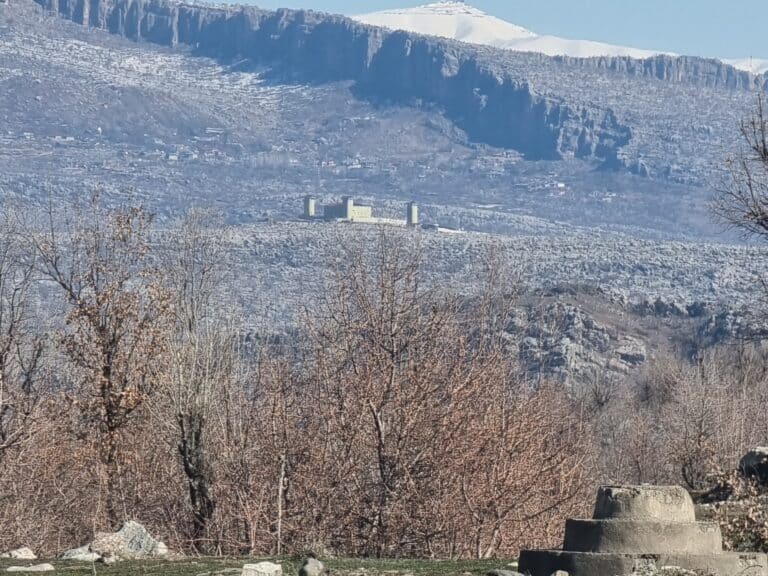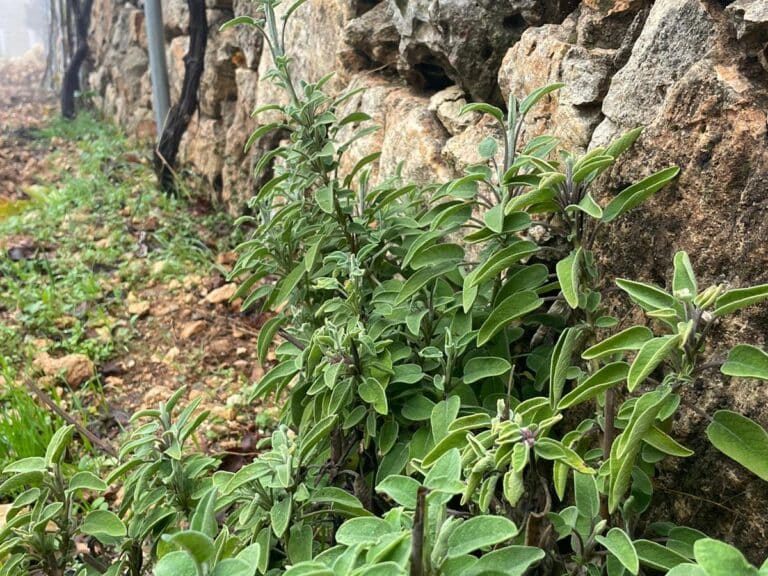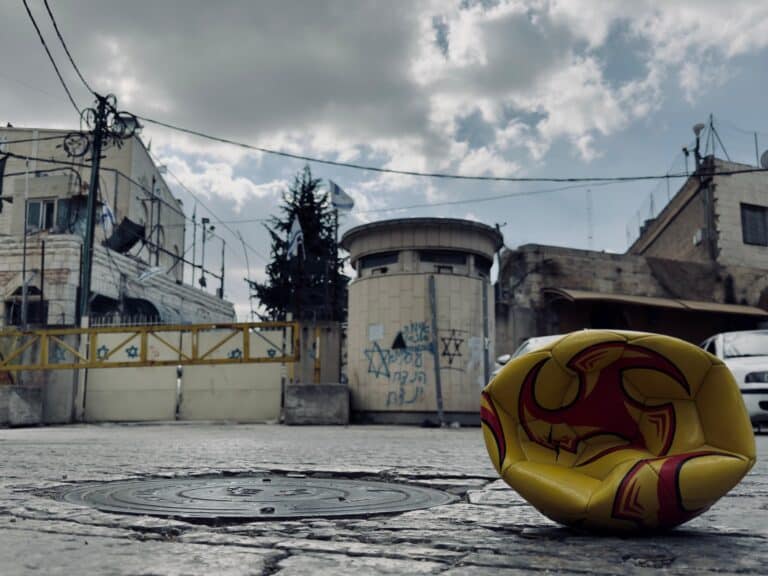Twenty-one years ago tomorrow, US peace activist Rachel Corrie was murdered by the Israeli military in Rafah in the Gaza Strip. Twenty-three year old Corrie was doing accompaniment work with the International Solidarity Movement as she stood up to an Israeli bulldozer that was threatening to demolish a Palestinian home. The bulldozer crushed her.
As I read about Corrie this week, I came across her e-mails home to her mom, just weeks before she was killed. The parallels are eerie.
“I really can’t believe that something like this can happen in the world without a bigger outcry about it. It really hurts me, again, like it has hurt me in the past, to witness how awful we can allow the world to be… Anyway, I’m rambling. Just want to write to my Mom and tell her that I’m witnessing this chronic, insidious genocide and I’m really scared, and questioning my fundamental belief in the goodness of human nature. This has to stop. I think it is a good idea for us all to drop everything and devote our lives to making this stop. I don’t think it’s an extremist thing to do anymore.”
Twenty-one years later, and Corrie’s words still describe our reality: an ongoing genocide in Gaza and the polarization and apathy of international actors.
I want to be careful in highlighting Rachel Corrie, a white woman from the US, when tens of thousands of Palestinians have been killed, many of whom have also stood in non-violent resistance of the Israeli occupation for decades. At the same time, while Corrie’s identity is expected to garner more outrage and support, her parents continue to struggle for justice after an Israeli court ruled that Corrie’s death was an accident, absolving the Israeli military of any responsibility. Rachel Corrie’s death joins the multitude of extrajudicial killings that Israel continues to carry out to this day with complete impunity.
We might be tempted into despair that after so many years, Israel’s policies of destruction and death have not changed. But we have. We cannot—and should not—expect change from those who hold the power. But we can focus on the growth of a movement that will one day soon require accountability and a moral reckoning.
For Refaat. For Nizar. For Razan. For Ghassan. For Shireen. For Rachel.





